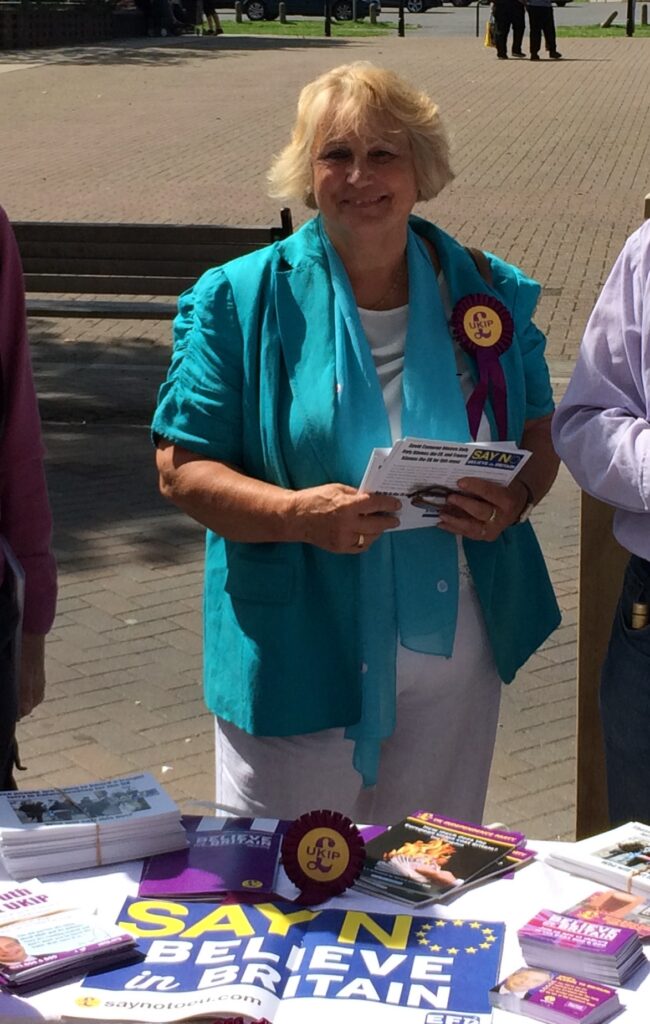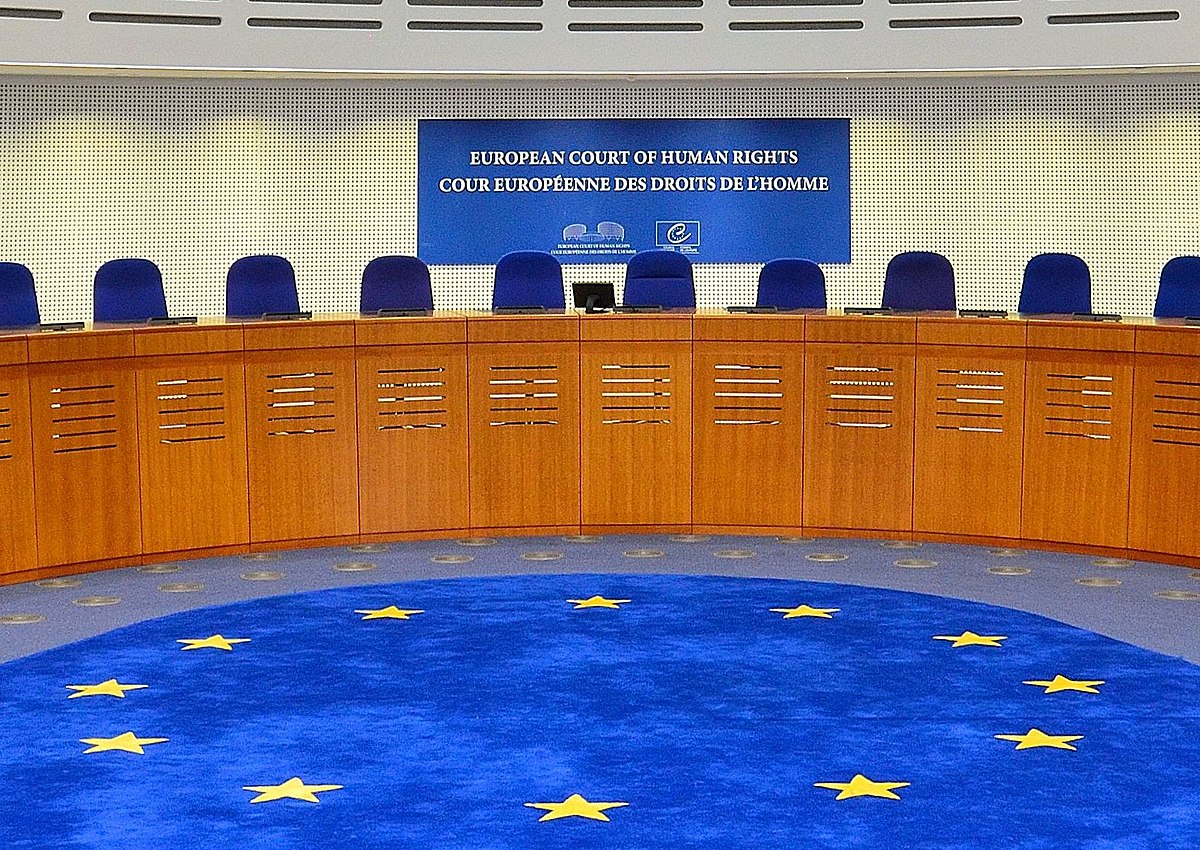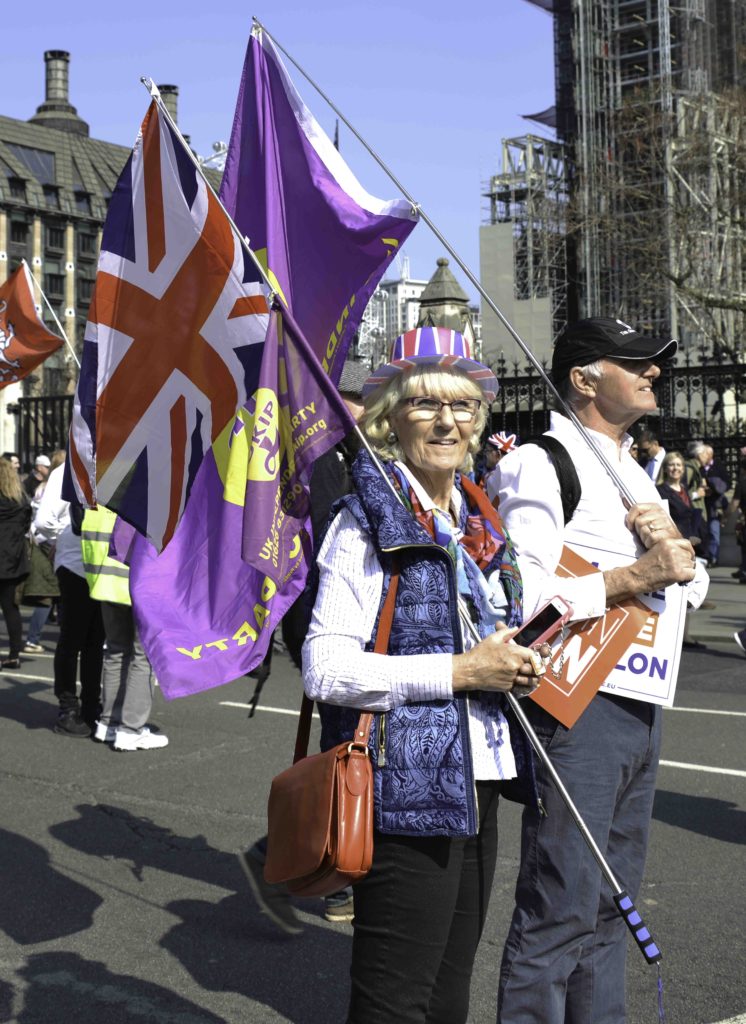The European Court of Human Rights intervened to stop the deportation flight of asylum seekers to Rwanda. The UK is a member of the Council of Europe and a signatory to the European Convention on Human Rights.
We asked your views on: How should the government react to the ruling by the ECHR?
On to Part 2

Les Beaumont stood for the Social Democratic Party (SDP) in Pitshanger Ward, London Borough of Ealing in May’s local elections.
“Whatever the outcome, the government should withdraw from The Convention and replace the existing UK Human Rights Act, which enshrines The Convention into British law”
As a member of the Council of Europe and a signatory to the European Convention on Human Rights, the UK really has no choice but to follow The ECHR’s urgent interim measure and await its full judgement. I’m not sure if the UK can appeal the interim order in the meantime.
Whatever the outcome, the government should withdraw from The Convention and replace the existing UK Human Rights Act, which enshrines The Convention into British law, with an Act that provides the same protections as The Convention but with the UK Supreme Court as the final arbiter. It should also commit to enshrine any future changes to The Convention into UK law, subject to there being no jurisdictions outside the UK courts.
Having served notice of its withdrawal from The Convention, the government should urgently consider ignoring any rulings of The ECHR and rely on the rulings of the UK Supreme Court on those matters.

Brexit campaigner Georgina Guillem.
“Human Rights did not begin with the ECHR the UK has always had the reputation for setting high standards both domestically and internationally”
The ECHR has stopped the first fight of Asylum Seekers to Rwanda. This of course should have been considered as all European institutions (EU or otherwise) will do all it can to thwart whatever the UK does to try to address this problem. Likewise, all the do-gooders that protest. There must be a solution to this ever-increasing problem of mostly young men arriving by boat without trying to be accepted through the right channels. Human Rights did not begin with the ECHR the UK has always had the reputation for setting high standards both domestically and internationally.
Not to honour a treaty once signed is wrong, however the safeguard of the UK must be considered, therefore it is also wrong not to put its wellbeing first. A true Brexiteer wanted to leave the EU, all the institutions of Europe and return full sovereignty without a deal, had we done this we might not have had all this agony. Also the Northern Ireland Mess might have been avoided.

Brexiter Jeremy Wraith who has contributed several articles to our site.
“Why did the interviewer on Sky not ask him why they did not walk into one of the British embassies in the many safe countries they crossed and ask for asylum there, France in particular?”
I watched an interview on Sky TV with the Chief Executive of the Refugee Council. He said that the refugees have a human right to come to the UK and claim asylum here as the refugees in Palestine cannot walk into the British Embassy in Palestine to ask for asylum. Why did the interviewer on Sky not ask him why they did not walk into one of the British embassies in the many safe countries they crossed and ask for asylum there, France in particular?
I firmly believe that the UK should cancel its involvement in the ECHR as the UK is perfectly capable of defending the human rights of its own citizens. So why are we relying on foreign bodies to dictate our human rights policies for us.
The quicker we withdraw from many other European and EU treaties and rules the better!

“If a signatory country is prevented from deciding who can enter and, therefore, whom it can legally deport, it is no longer sovereign”
Chris Scott stood for Reform UK in the Horley Central and South Ward of Reigate & Banstead Council, in May’s local elections.
I’m no lawyer, nor even a student, so my response will be based mainly on what I’ve gleaned from media interviews and discussions since the eleventh-hour ECHR ruling on the planned Home Office deportation flight to Kigali last week.
Although there was a lack of transparency by the ECHR on which judge, or judges were hurriedly called in to rule on deportations that had just been ruled legal by our own Supreme Court – the third English court to consider the appellants’ case – I guess it was unlikely that the Home Secretary would have been prepared to flout the decision on this occasion. I wonder, however, if the Home Office lawyers were expecting it and, if so, whether Miss Patel had been warned of the probability. Flouting international law is not something one would want or expect HMG to do in haste.
The UK was, evidently, the chief author of the original convention on human rights for Europe in the aftermath of the horrific events that were revealed during and after WW2. That we should have drafted it was right and proper. We had been the only European combatant to maintain our democratic freedoms during the war and had played a major part – initially single-handed, but for the stout help of our Empire countries – in saving Europe and much of the world from tyranny.
A court, also bearing the initials ECHR, was created. But, as I understand it, the convention’s original provisions have been extended and others added to the extent that the court seems even to have become a threat to national sovereignty. If a signatory country is prevented from deciding who can enter and, therefore, whom it can legally deport, it is no longer sovereign. Based in the same campus as the European parliament in Strasbourg, one suspects that the Court’s advocates may share similar aspirations to members of the Council of Europe and Eurocrats who, for reasons of their own, wish to lessen the autonomy of the EU’s nation states.
There is, therefore, a strong argument for the UK to withdraw from the ECHR and to give precedence to a new bill of rights seven decades after we framed it. This would doubtless provoke wide international condemnation, much of it sneering and disingenuous, from countries that have in many cases come late to the table of human rights. After all, it started here in Blighty over eight centuries ago with Magna Carta. The UK should continue to hold its head high on human rights and perhaps take a new lead, as we did in 1950.
On to Part 2









